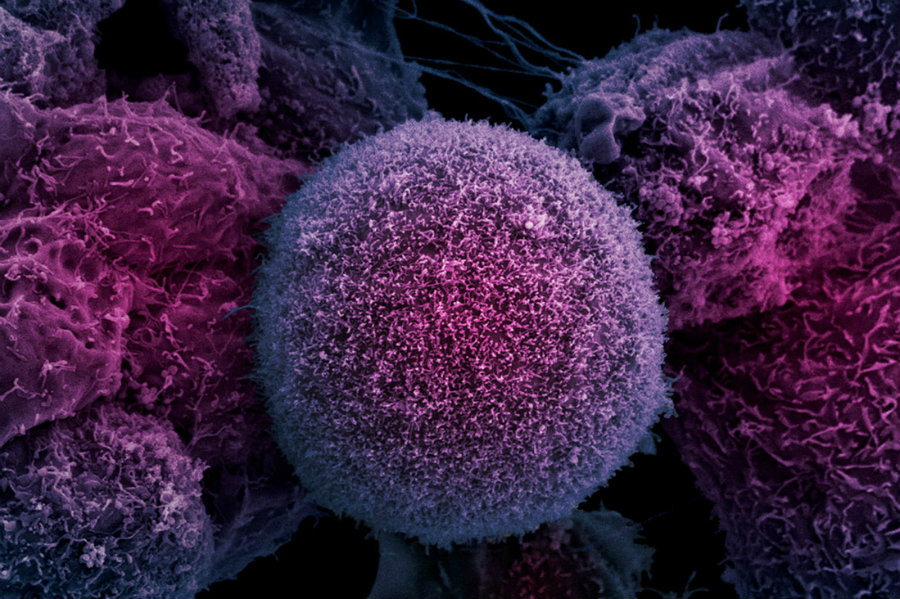Low-risk prostate cancer patients in a phase III clinical trial received an experimental non-surgical treatment that successfully killed cancer cells while preserving healthy tissue. The “vascular-targeted photodynamic therapy” (VTP) involves a light-sensitive drug that is injected into the patient and then activated with laser therapy to destroy tumor tissue in the prostate.
The University College London led the phase III trial with 413 patients. The experiment was founded by STEBA Biotech, a company focused on targeting cancer locally in a minimally invasive approach.


The drug used in the procedure comes from bacteria at the bottom of the ocean that has evolved to convert light into energy. Living so deep underwater, the bacteria had to adapt to create energy with incredible efficiency, which led scientists to create the drug WST11. The new medicine exploits the ocean bacteria that releases free radicals to kill surrounding cells when activated by laser light.
The VTP therapy was developed by scientists at the Weizmann Institute of Science in Israel in collaboration with STEBA Biotech. The research was published this week in The Lancet Oncology.
VPT reduces invasive treatments side effects such as erectile problems
Lead investigator Professor Mark Emberton, Dean of UCL Medical Science and Consultant Urologist at UCLH stated that the results of the recent clinical trial proved that VTP could kill cancer without removing or destroying the prostate, a traumatic procedure for cancer patients.
“This is truly a huge leap forward for prostate cancer treatment, which has previously lagged decades behind other solid cancers such as breast cancer. In 1975 almost everyone with breast cancer was given a radical mastectomy, but since then treatments have steady improved and we now rarely need to remove the whole breast. In prostate cancer we are still commonly removing or irradiating the whole prostate, so the success of this new tissue-preserving treatment is welcome news indeed,” said Emberton explaining how important the finding is for prostate cancer treatment.
Currently, low-risk prostate cancer patients are regularly monitored and only treated when the disease becomes more severe. This is due to the side effects of the approved radical treatments, which often involve surgery.
Radical therapy means surgically removing or irradiating the whole prostate. Those treatments can cause permanent erectile problems and even incontinence.
On the contrary, trials showed that VTP only caused short-term urinary and erectile problems that disappeared within three months. No significant side-effects remained after two years.
Around half of the phase-III-clinical-trial participants treated with VTP went into remission
Almost half (49 percent) of the men treated with WST11 and laser therapy went into complete remission compared to 13.5 percent of men in the control group, which were under active surveillance. Among the group treated with VTP, only six percent needed radical therapy while 30 percent of men in the control group also needed radiation or surgery.
Professor Emberton, who is supported by the National Institute for Health Research University College London Hospitals Biomedical Research Centre, explained that the lack of complications in the trial suggest that the treatment protocol is safe and efficient.
The trial involved 47 treatment centers from ten different European countries, and the European Medicines Agency is currently reviewing it (EMA).
Source: University College London
